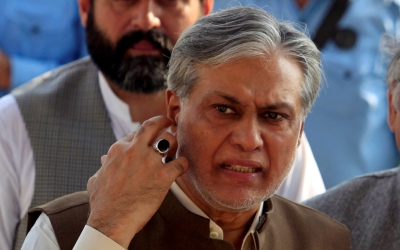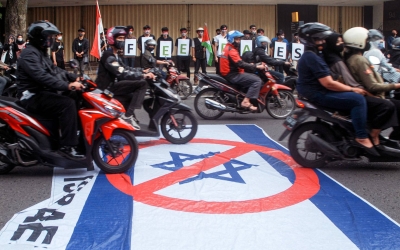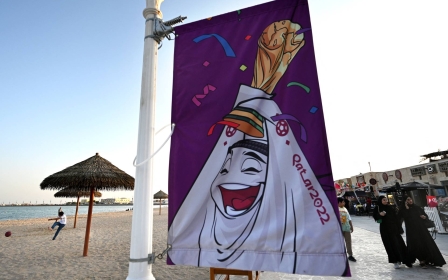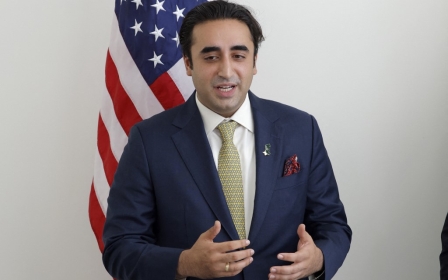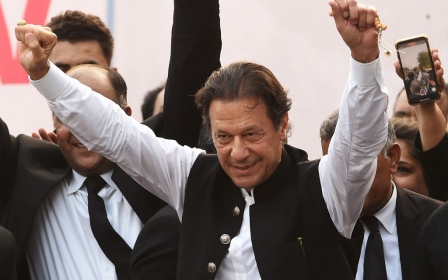Pakistan bombing: Gulf states condemn deadly attack
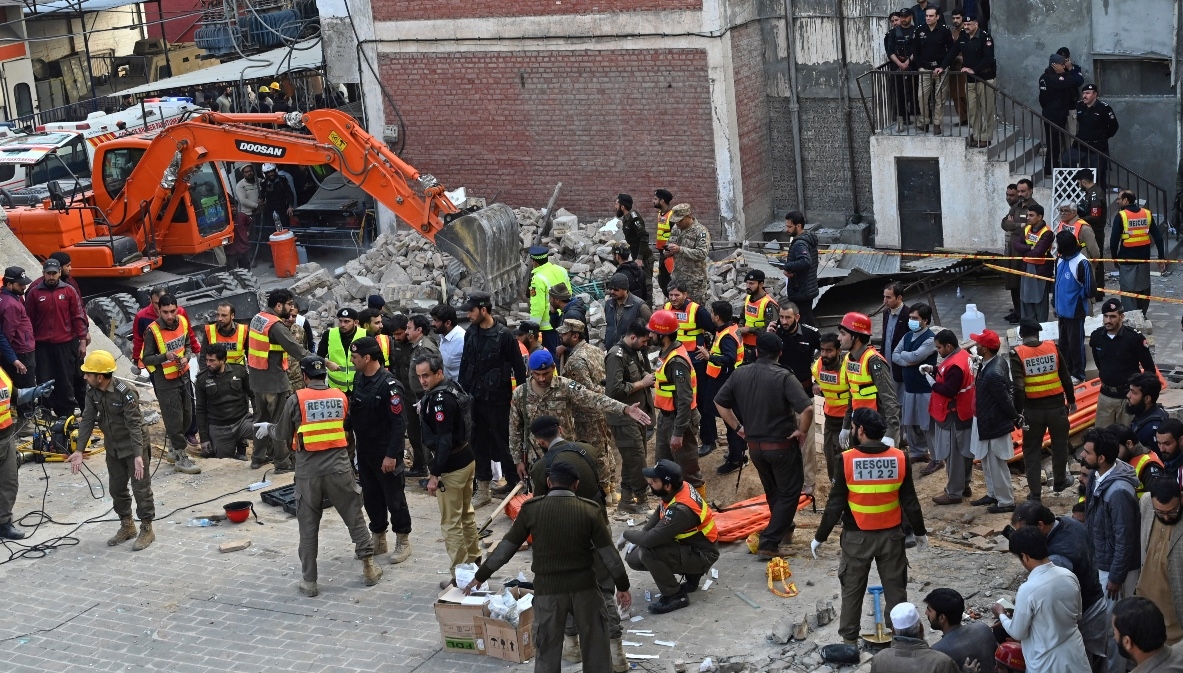
Gulf states have condemned the bombing of a mosque inside a police compound on Monday in Pakistan that has left more than 60 people dead, most of them police, and prompted the government to put the country on high alert.
The attack happened during afternoon prayers in the provincial capital of Peshawar, close to the tribal areas along the Afghan border where militancy has been steadily rising.
A frantic rescue mission was underway at the mosque, which had an entire wall and some of its roof blown out by what was a possible suicide attack.
"Many policemen are buried under the rubble," said Peshawar police chief Muhammad Ijaz Khan, who estimated between 300 and 400 officers usually attended prayers.
"Efforts are being made to get them out safely," he added.
New MEE newsletter: Jerusalem Dispatch
Sign up to get the latest insights and analysis on Israel-Palestine, alongside Turkey Unpacked and other MEE newsletters
Bloodied survivors emerged limping from the wreckage, while bodies were ferried away in ambulances.
A faction of the Tehreek-e-Taliban Pakistan (TTP), also known as the Pakistani Taliban, claimed responsibility for the attack on Twitter. The main group denied authorising the bombing, saying they had nothing to do with the attack.
Condolences and condemnation
Saudi Arabia, an important source of financial aid to the country, said it rejected the targeting of places of worship, terrorising people, and shedding innocent blood.
“The Ministry of Foreign Affairs expresses the Kingdom of Saudi Arabia's strong condemnation and denunciation of the terrorist attack that took place at a mosque in #Peshawar, Pakistan,” the foreign ministry said in a statement.
The UAE "strongly" condemned the bombing.
In a statement, the foreign ministry "expressed its sincere condolences to the government of the Islamic Republic of Pakistan and its people and to the families of victims of this heinous crime, as well as its wishes for a speedy recovery for all the injured."
UAE President Sheikh Mohamed bin Zayed was set to visit Pakistan on Monday but postponed his visit to the country, citing “weather conditions”, according to the Emirates News Agency (WAM).
Qatar also condemned the bombing. In a statement posted on Twitter, the foreign ministry reiterated Qatar’s “firm stance rejecting violence and terrorism, regardless of motives and reasons.” The statement stressed Qatar’s “total rejection of targeting places of worship”.
Resurgent threat
The security situation in Pakistan - once plagued by bombings until a major military crackdown that began in 2014 largely restored order - has deteriorated since the return of the Afghan Taliban in Kabul.
Islamabad has accused the new rulers of failing to secure their mountainous border, allowing militants to travel back and forth without being detected.
The biggest threat comes from a resurgent Pakistani Taliban, a separate movement from the Afghan Taliban but with a similar ideology, which has sharply increased low-casualty attacks on police and security forces.
Meanwhile, the regional chapter of the Islamic State group - whose numbers were bolstered by prison breaks in Afghanistan in 2021 – claimed an attack last year on a minority Shia mosque in Peshawar that killed 64. It was Pakistan's deadliest terror attack since 2018.
Detectives said the bomber was an Afghan exile who had returned home to train for the attack.
Pakistan is also grappling with a mounting economic crisis and has turned to Gulf states, its historic aid donors, for assistance.
Middle East Eye delivers independent and unrivalled coverage and analysis of the Middle East, North Africa and beyond. To learn more about republishing this content and the associated fees, please fill out this form. More about MEE can be found here.


